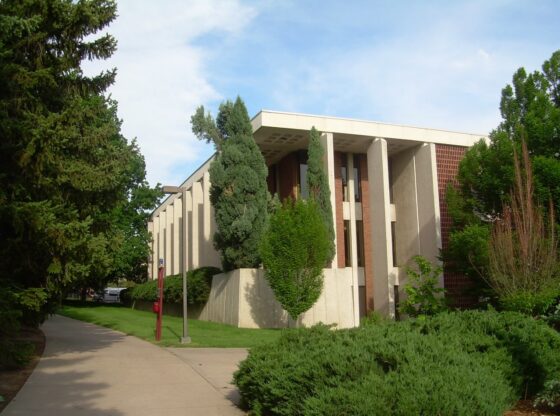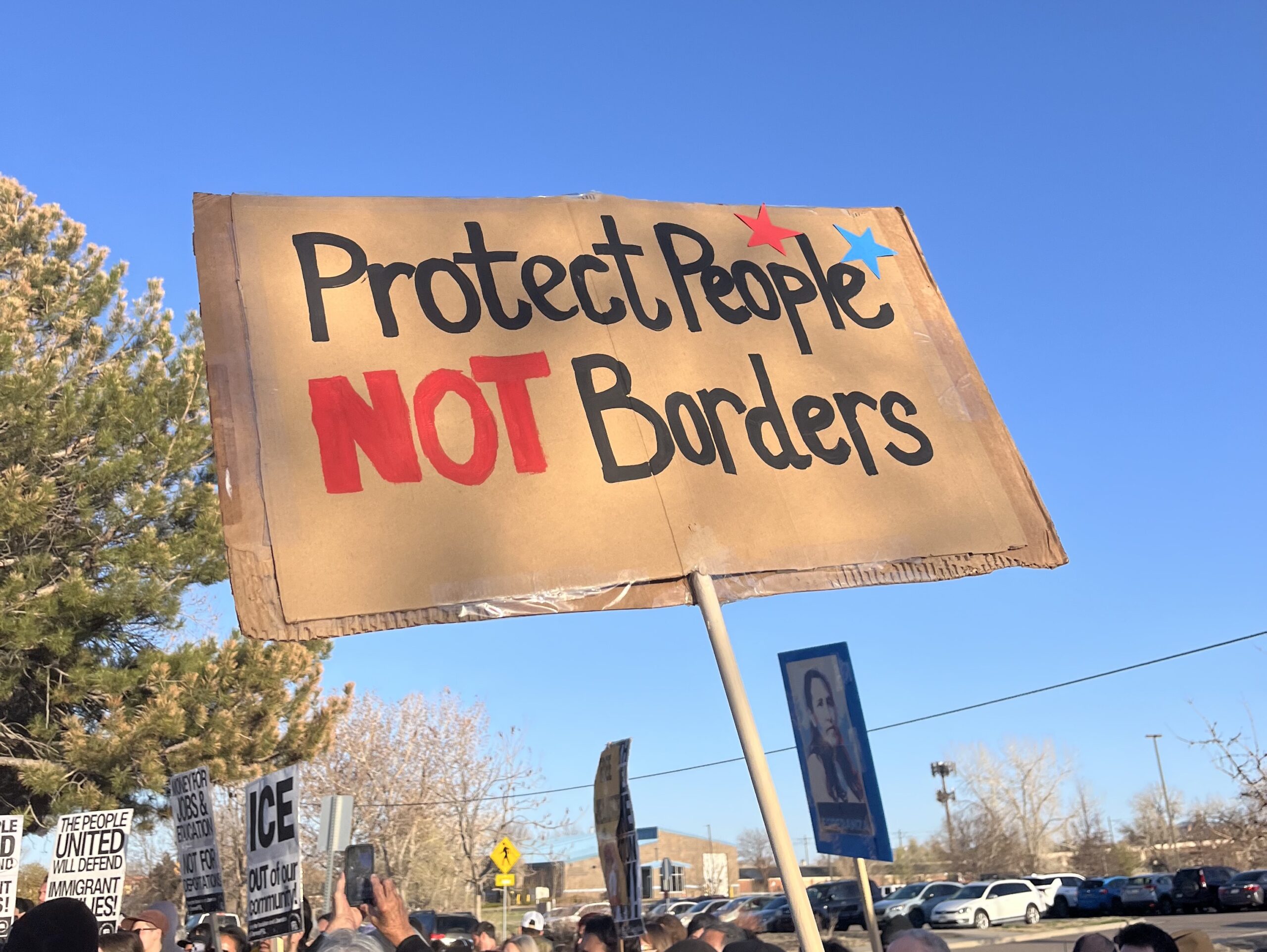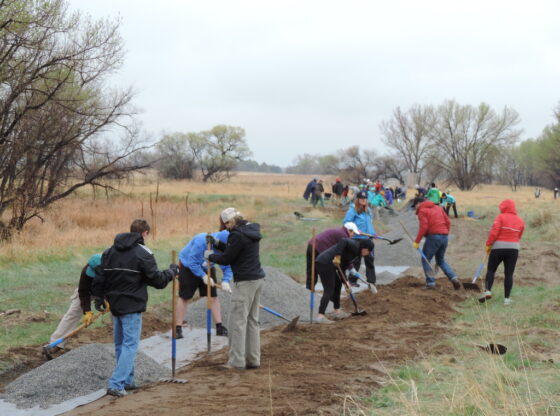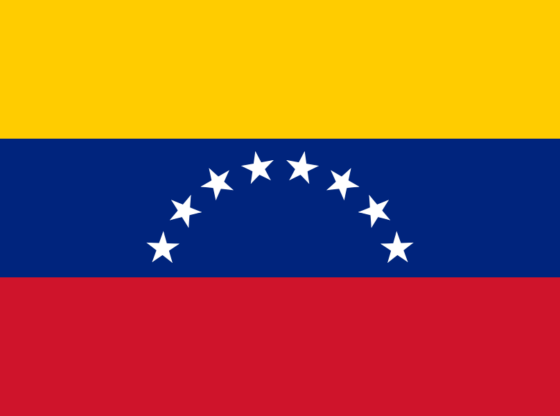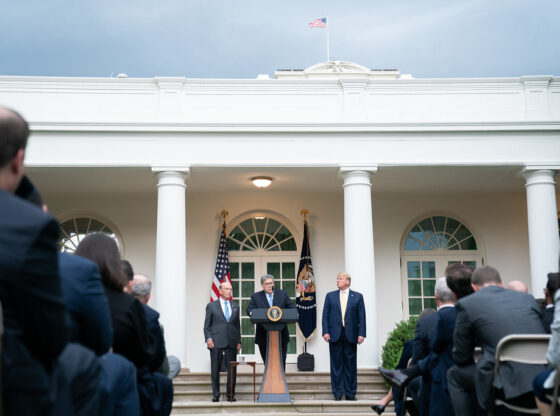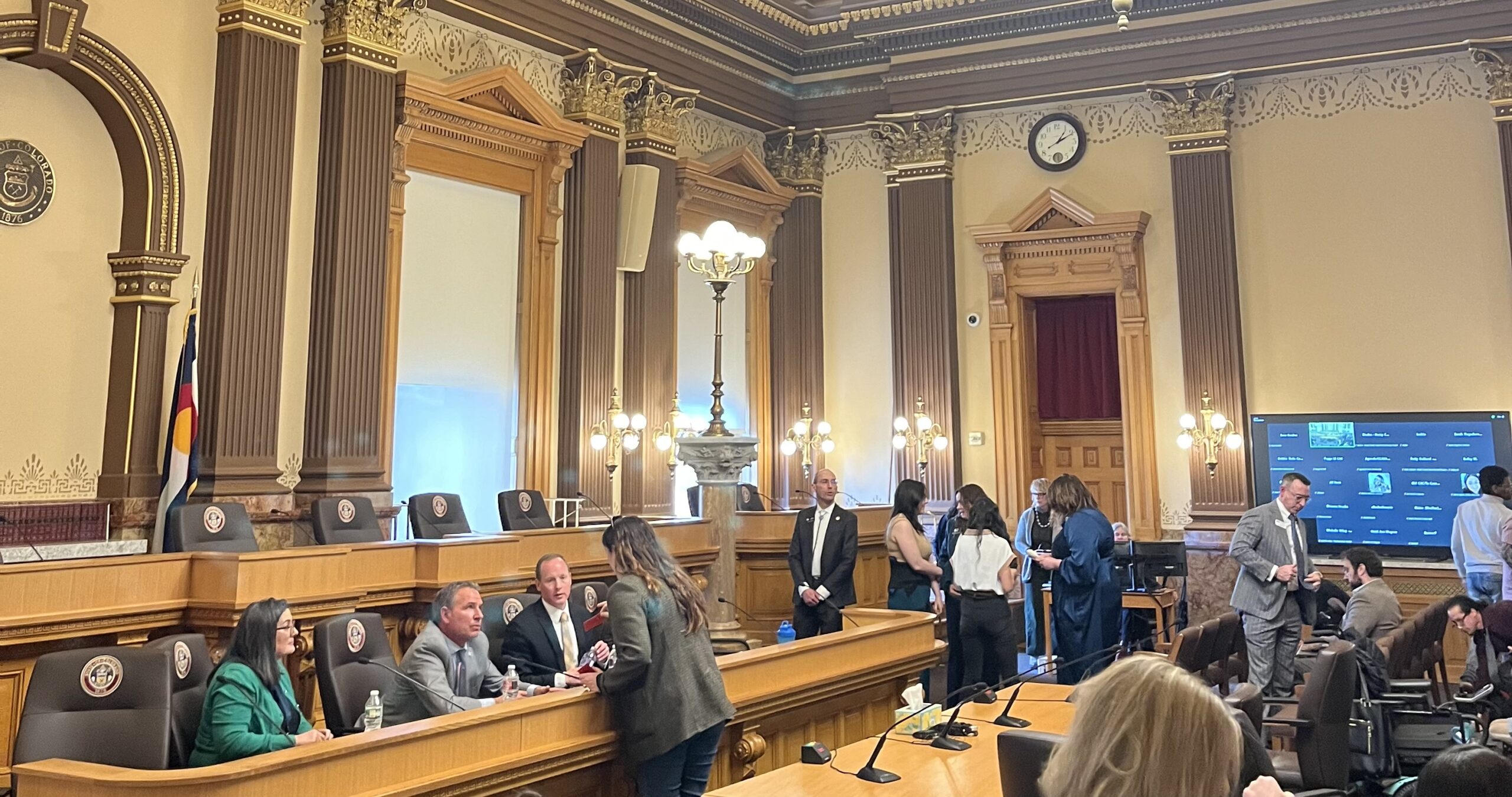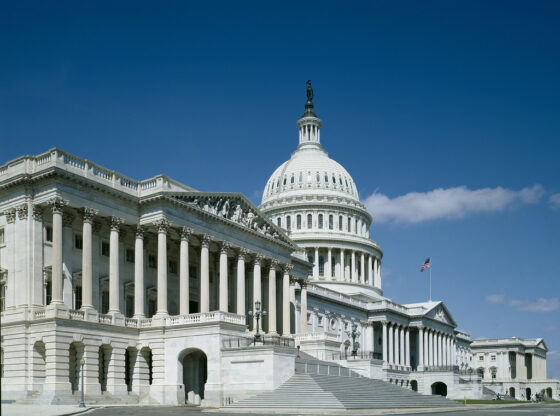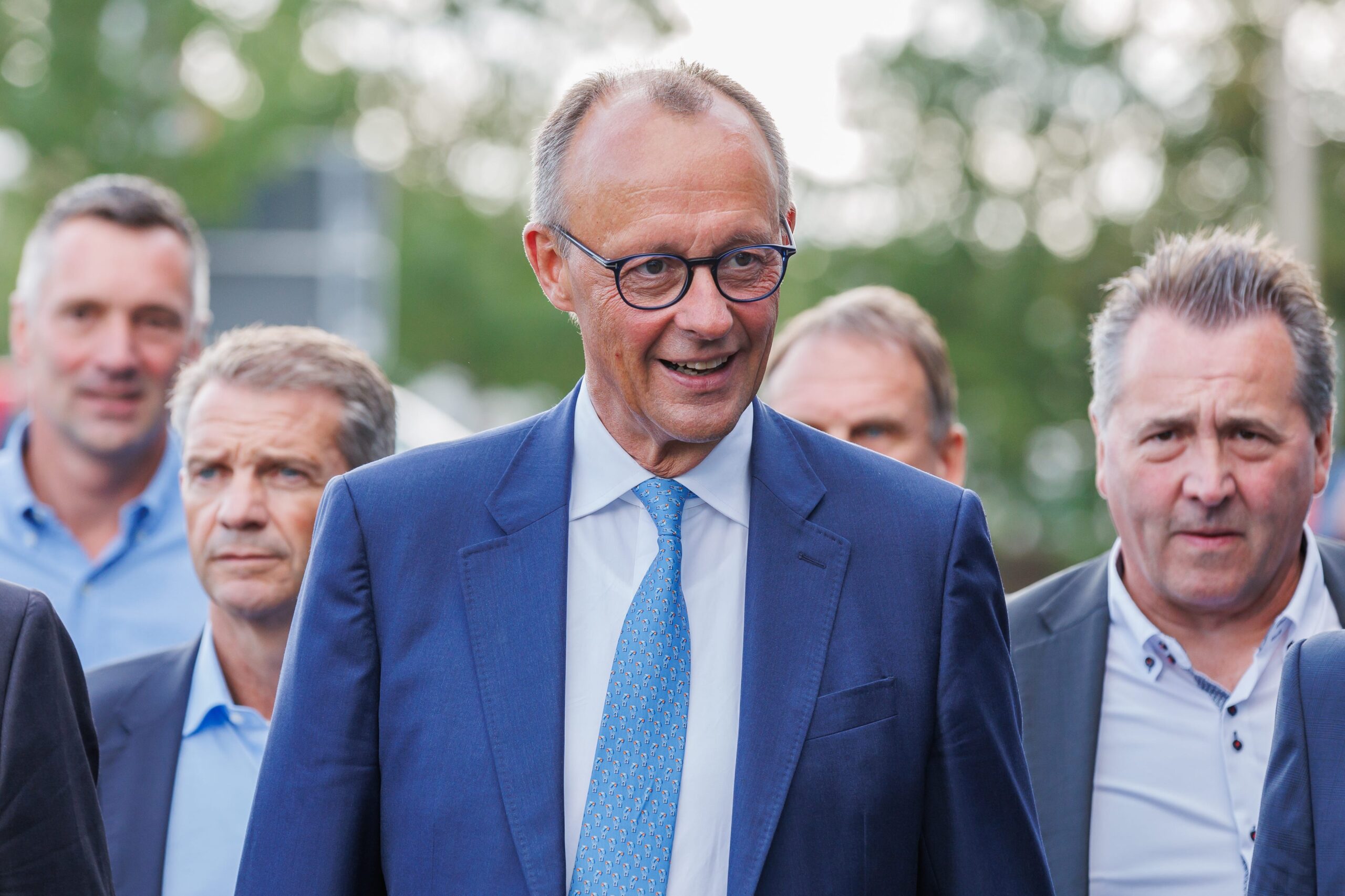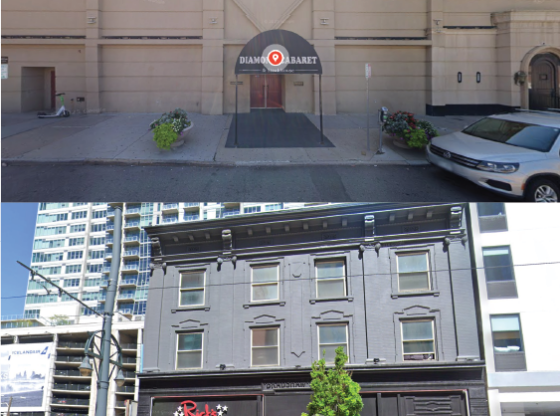Monday, Oct. 30 marked the 23rd day of Israeli bombardment of Gaza after Hamas attacked southern Israel on Oct. 7. In what the Center for Constitutional Rights has called “unfolding genocide,” Israel has targeted homes, hospitals, mosques, schools and other key civilian infrastructure, killing at least 8,400 Palestinians, including over 3,400 children. Hamas killed 1,400 Israelis and took nearly 200 hostages in the Oct. 7 attacks.
The U.S. has continued to provide Israel with military, financial and political support, vetoing a U.N. ceasefire resolution on Oct. 18 and requesting $14.3 billion in additional aid to Israel from Congress last week. Despite calls for a ceasefire from advocacy organizations, artists, writers and some House Democrats, Congress and the Biden Administration have refused to support a suspension of hostilities.
Amid the ongoing bombardment and ground invasion of Gaza, Denverites have staged marches, rallies and protests in support of Palestine and an immediate ceasefire. A pro-Israel protest was also held downtown on Oct. 15. The Colorado Palestine Coalition, which, composed of Colorado-based advocacy groups for Palestine, has organized many of these events, is also campaigning against the Jewish National Fund (JNF)’s upcoming global conference which will be held in Denver this November.
Founded in 1901, the JNF says it aims to “ensure a strong, secure and prosperous future for the land and people of Israel.” Known for environmental initiatives such as planting trees and designing clean water projects, the fund’s assets totaled just over $530 million in 2021. The fund also has significant overlap with the Israel Land Authority (ILA); of the 14 seats on the ILA’s policymaking council, 6 belong to the JNF.
Responsible for managing Israeli public lands, the ILA manages land use, approves home demolitions and is responsible for the sale of land to private Israeli citizens both in Israel and the Occupied West Bank.
JNF projects have historically been intertwined with politics. In the early 1900s, the JNF purchased swaths of land from Palestinian land-owners and contributed to the creation of “village files,” which documented the location, population and demographics of Palestinian villages. The Haganah, a Zionist paramilitary group, later used these files to plan and carry out invasions of Palestinian villages during the Nakba in the late 1940s.
To Sarah Kaplan-Gould, a member of Denver Jewish Voice for Peace (JVP) and the coalition, the JNF’s presence in Denver presented an opportunity to spread awareness of the organization’s ties to the Israeli government and the displacement of Palestinians. Kaplan-Gould remembered seeing JNF’s blue tzedakah, or charity, boxes in their synagogue growing up; to them, it was a “vague positive identity attribute” that was just another part of being Jewish.
“It was just like ‘oh yeah, here’s this magical blue box that does good things for the Jews and for the environment,” said Kaplan-Gould. “[This] is a time to make known what they’re actually about.”
The JNF will host its annual global conference at the Denver Convention Center from Nov. 30 to Dec. 3. The conference will feature the Israeli ambassador to the U.N. Gilad Erdan, former Israeli ambassador to the U.S. Michael Oren, Colorado Governor Jared Polis and a host of other speakers.
Abdullah Elagha, a Palestinian activist working with the coalition, saw the conference as a chance for direct action in Denver. “Now there’s a face of the occupation that’s coming here, to our city … as we’ve seen over the past couple of weeks, Denver opposes this,” Elagha said. “Denver does not stand with apartheid states, period.”
The conference’s theme is solidarity with Israel. According to the JNF’s website, attendees will “remember those whose lives were destroyed, honor the heroes of Oct. 7 and our fearless IDF soldiers, and celebrate our peoplehood, together, as a family.”
“The JNF states that it functions on behalf of the Jewish people,” Kaplan-Gould said. “As JVP, we don’t condone that happening in our name.”
So far, coalition representatives have met with Reps. Jason Crow and Diana DeGette to discuss the conference. Elagha described the initial meetings as “very positive.” Since Oct. 7, however, he said that the coalition had been disheartened by Colorado politicians’ “one-sided” rhetoric in support of Israel and had “pulled back” from meeting with elected officials.
“It’s very clear that the elected officials see this issue through one lens,” said Elagha. “It’s really not a good use of our time to sit there and pay lip service to elected officials that are actually not interested in what we have to say.”
Elagha noted that the coalition hoped to meet with other city council members in the future.
As the coalition continues to organize around a ceasefire and the upcoming conference, the ongoing atrocities in Palestine and Israel have exacted a personal toll on both Kaplan-Gould and Elagha.
“Organizing is a deeply powerful moving thing,” Kaplan-Gould said. “While I don’t feel personally balanced on any level, that’s the only place I want to put energy right now.”
To Elagha, who has lost 29 relatives to Israeli airstrikes in Gaza over the past few weeks, it has been difficult to “be a functioning member of society” as the counteroffensive
“I think I’ve just been going through the motions like a lot of Palestinians have been … it’s definitely weighing on me, it’s weighing on all Palestinians, it’s weighing on all Arabs, and I think it’s weighing on all conscious people in this world who are seeing this injustice being carried out with the support of our government while our media is denying that it’s even happening,” Elagha said.
“It feels like there’s two worlds right now, and one of them is just not seeing the truth.”
Governor Polis and Rabbi Seth Reder, head of CU Hillel who is also slated to speak at the conference, did not respond to requests for comment.



